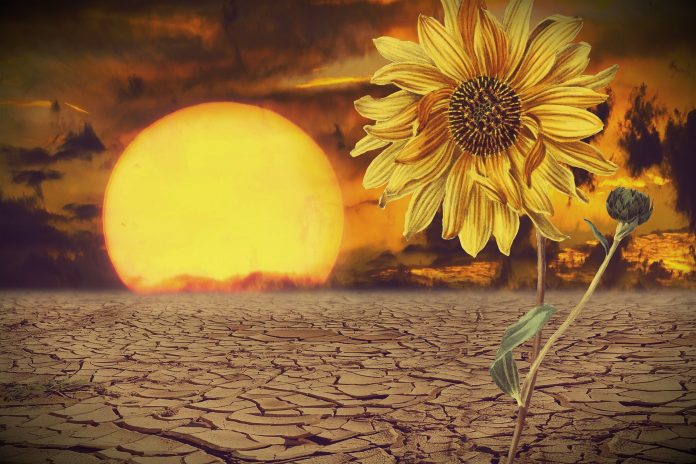Recent studies conducted in the Amazon Forests of Peru have found unknown germs that can significantly affect the global balance of carbon. These microorganisms that live in peatlands where oxygen levels are very low, play a crucial role in carbon cycle and can promote or hold back climate change.
Peatlands, large clusters of organic material, are able to store carbon long, becoming important natural tanks for this element. However, as scientists have found out, climate warming can cause these ecosystems to be transformed into greenhouse gases, which will greatly increase global warming. In their research, scientists have discovered germs belonging to the Bathyarchaeia group, which interact with the carbon cycle in the Amazon peatlands. These microorganisms consume carbon monoxide and turn it into energy, which reduces carbon toxicity in the environment. At the same time, they contribute to the production of hydrogen and carbon dioxide, which is used by other germs for methane production. Under stable conditions, these germs support peatlands as important carbon absorbers, reducing greenhouse gas emissions. However, changes in climatic conditions, including fever and rainfall, can provoke a large amount of carbon in the form of carbon dioxide and methane.
Amazon peatlands are one of the largest natural carbon storage facilities on Earth, containing about 3.1 billion tonnes of carbon, which is about twice as much as in all forests of the world. However, due to fever and humidity decrease, these ecosystems are becoming more vulnerable. Warming can dry peatlands, turning them from carbon absorbers into greenhouse gas emissions, which will only aggravate the problem of global warming. According to scientists, anthropogenic factors that disrupt the natural balance in peatlands can lead to the release of up to 500 million tons of carbon by the end of this century.
Given the possible negative effects on the climate, scientists emphasize the need to protect peatlands. Human actions that lead to their drying or violation of the natural balance can lead to catastrophic consequences for the global climate. New discoveries about germs in peatlands emphasize the importance of even the smallest organisms in regulating global climatic processes.


